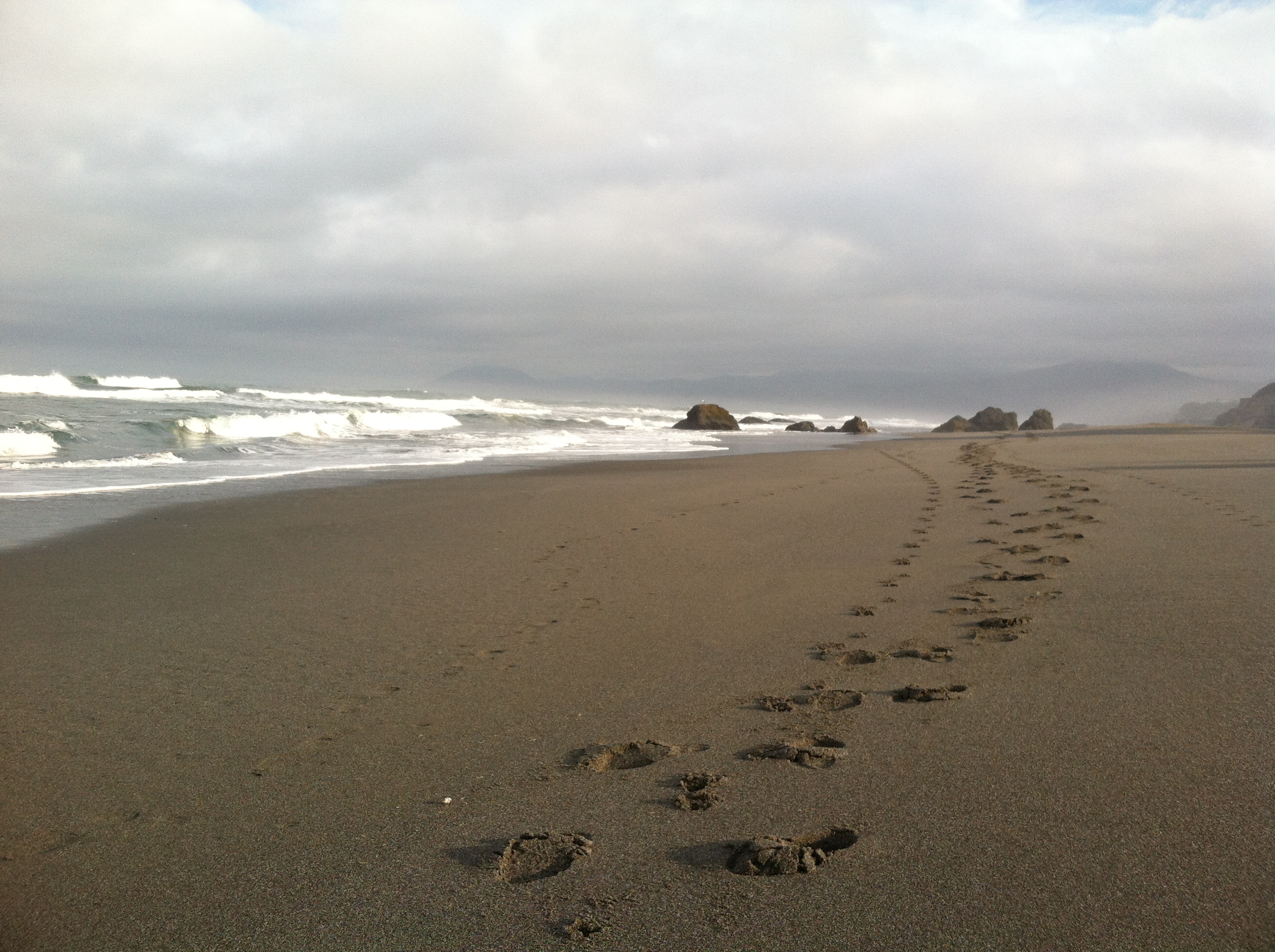Lost and Found 9 / Self Hospice Care
The definition of hospice is: a home providing care for the sick, especially the terminally ill. A hospice caregiver is someone who visits the home of a dying person to provide succor and perhaps even resides there. The caregiver might administer certain requested secular or religious rituals or there might be silence, jazz, the Marx Brothers or Emily Dickinson. The caregiver remains until the very end, death. This being America, this person is probably earning minimum wage.
At some point during my ordeal, I died; I suffered a mass extinction of myself. The obliteration was total: public school teaching career, reputation, publishing business, personal life, freedom of movement, literary stewardship of important Oregon stories, and relentless gigging around the state that enabled me to meet so many incredible Oregonians.
I no longer recall precisely when my death occurred, but perhaps it was during the late fall of last year when a football game was going on somewhere in the rain.
There I was, reading a detective novel on the couch, and I gave up the ghost. I floated straight up and through the roof. I don’t even think I stopped reading to look around the living room, check the clock, and mark the time for the official report.
Had I bothered to look around the living room, I would have noticed a practically empty room. In the previous months, I sold, stored, donated or recycled most of the possessions that defined my adult life up to that moment of extinction. That person, that self, was annihilated and lost forever.
I do recall not mourning the loss of this life. I was more concerned with finding a new one. I do recall thinking some people were rejoicing in my death.
There was no burial or cremation of my former self. It was more of in the Native American tradition of walking into a forest when you knew it was time, sitting down on a fallen tree, expire, and let the various woodland creatures do their scavenging and decomposing. Painless. Organic. Quiet.
If a man dies in a forest and no one is around to hear it, does the man make a sound dying? How many people have actually heard a tree fall in a forest. I have. There is a crack, a shuffling, and then a muffled thud. That sounds about right for me.
I sold, stored, donated or recycled: paintings, posters, prints, photographs, cameras, CDS, albums, cassette tapes, DVD s, VHS tapes, books, books, books, 126 journals, musical instruments and equipment, teaching curriculum, teaching memorabilia, teaching furniture, teaching crayons, teaching cutlery, teaching gimmicks, teaching shirts, teaching corduroy jackets and pants, my frayed, annotated teaching copy of One Flew Over the Cuckoo’s Nest, typewriters, anything connected to the dead husky, old manuscripts, the ancient wooden desk made in Portland that an apple farmer gave my minister father in barter for performing a funeral, love tokens, memorabilia from my world travels, a bookcase I’ve had for 42 years, Oregon historical memorabilia, wooden tennis rackets, gifts from disappeared friends.
After this disposing, purging, jettisoning, unloading, getting rid of, abandonment, fire sale, whatever noun or verb you want to call it, every word said in every room of my house echoed. That is a strange way to live and particularly if you live alone. I did talk to the dead dog, though, and the echoes of those conversations still haunt me.
A reader may be wondering: where was my family? They were around, supporting me in many generous ways, but my dying was something perhaps they couldn’t see it happening. I really didn’t either.
Several months later, two dear friends in Astoria, Holt and Jennifer, visited me one afternoon. They noticed the echo and the sparseness of my surroundings. I made an offhand remark that I was dearly missing some of the books I had donated and couldn’t understand why I had given them up. Many of them had been with me since high school, including the dictionary I bought my senior year and carried to each class to improve my vocabulary. I would look up words teachers said that I didn’t understand.
The high school dictionary story was one of my favorites to tell my students.
Jennifer said, “Matt, you made the first mistake of being a caregiver in hospice care.”
“What?” I said.
“Obviously, you died and you were the one providing hospice care for yourself.”
I stood up from the couch. I looked at my friend and then around the room.
The thought had never occurred to me. I had administered hospice care to myself because there was no one else around to provide it. I didn’t even know I was providing it.
That was all my fault. There is no one else to blame.
I had never announced a request for a caregiver, nor did I have anyone in my life who felt they wanted to provide care at the end. (I thought I did.) I don’t think I deserved a real caregiver.
“What’s the first rule of hospice care?” I said.
“Don’t give the person’s things away before they die.”
I had been a terrible caregiver to myself.

